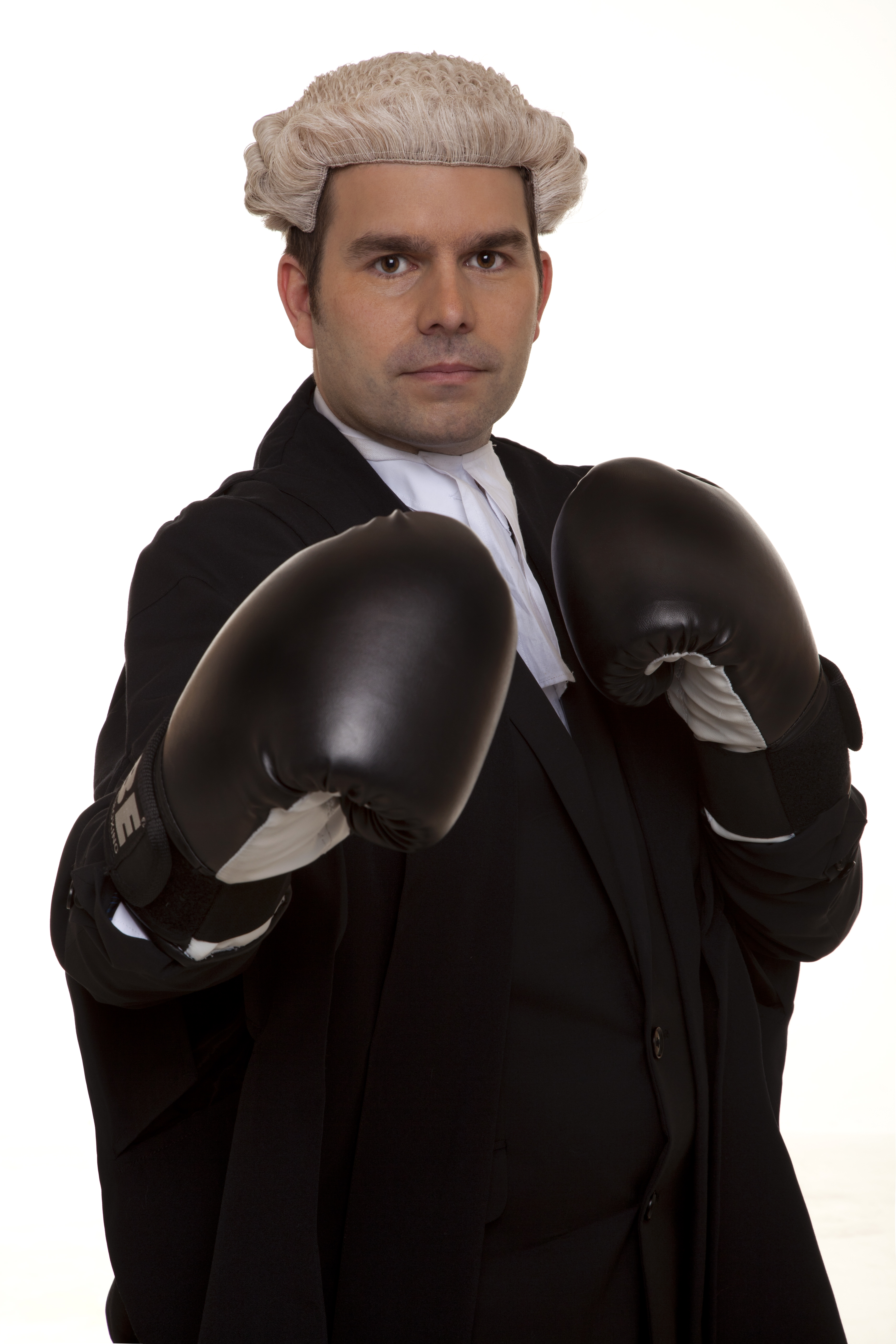 What does it actually means to go bankrupt? What are the effects? So here are the basic facts that you need to know about bankruptcy to make a decision whether to take such a step voluntarily.
What does it actually means to go bankrupt? What are the effects? So here are the basic facts that you need to know about bankruptcy to make a decision whether to take such a step voluntarily.
Bankruptcy is one way of dealing with debts you cannot pay. The bankruptcy proceedings:
1. free you from overwhelming debts so you can make a fresh start, subject to some restrictions; and
2. make sure your assets are shared out fairly among your creditors.
Anyone can go bankrupt, including individual members of a partnership. There are different insolvency procedures for dealing with companies and for partnerships themselves.
How are you made bankrupt?
An individual can be made bankrupt:
What are the implications of bankruptcy?
Your credit is affected. Even after the bankruptcy period, you may find it difficult to obtain credit. The Official Receiver does not send any form of notice to credit reference agencies. The agencies pick up information from other sources such as the Insolvency Register, advertisements of bankruptcies in newspapers and the Enforcement of Judgements Office.
How long does bankruptcy last?
Bankruptcy normally lasts for one year. After this time, you'll be "discharged" from your bankruptcy regardless of how much you still owe.
Your discharge could happen earlier if you co-operate fully with the Official Receiver. However, in a small number of cases and if you've behaved irresponsibly (for example, by not cooperating), bankruptcy can last for much more than one year.
What are the advantages of bankruptcy?
For the person involved, bankruptcy provides relative peace of mind and possible automatic discharge after one year (or less in some cases).
For the creditors, bankruptcy allows a full investigation of the debtor's affairs to be carried out.
Can I keep my car in bankruptcy?
You can be allowed to keep a car in bankruptcy but you have to show a need for a car and the car must be of modest value.
Will I lose my house in bankruptcy?
You can be allowed to keep your property in bankruptcy, however this can be a complicated procedure and it is best to speak to an expert to clarify your full situation. Generally speaking, if the sale of the house will not benefit your creditors and you can show that you can continue to service the mortgage, there is a chance that you will be able to keep your house.
Alternatives to bankruptcy
You don't have to become bankrupt just because you're in debt. You can try to make arrangements with your creditors instead including:
A Debt Relief Order is a formal insolvency process that is aimed at people who cannot pay their debts and who have no assets, a low income, no other access to debt relief and no prospect of the situation improving. If people do have assets, or there is a possibility of an improvement in financial circumstances, a DRO is not an appropriate solution.
For more information visit Dean's site - www.youandyourrights.co.uk